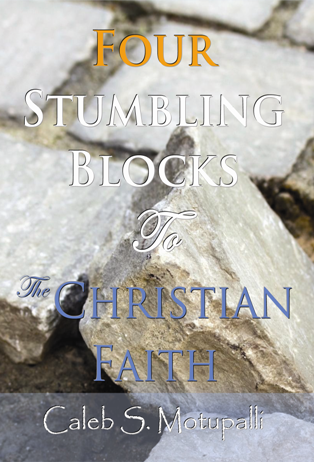Share-alike © 2003 June 22 — 2014 November 4
“I’ve laid down a pattern (Greek: Hupodeigma) for you. What I’ve done, you do” (The Words of Jesus Christ in John 13:15 THE MESSAGE).
“Bear one another’s burdens, and thereby fulfill the law of Christ” (Galatians6:2).
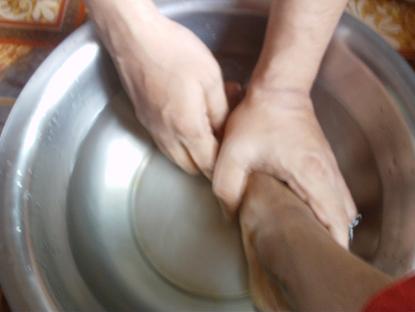 If there is anything simple in all of Christianity, it is the Ordinances, which make the faith accessible to all. A classic example of a new believer is my uncle who is well past the age of reading books. He longs to know what is next, after receiving Jesus Christ as his personal Saviour. After being born-again, what? This article was developed from a letter i wrote him.
If there is anything simple in all of Christianity, it is the Ordinances, which make the faith accessible to all. A classic example of a new believer is my uncle who is well past the age of reading books. He longs to know what is next, after receiving Jesus Christ as his personal Saviour. After being born-again, what? This article was developed from a letter i wrote him.
At the outset, one must remember that we are not translated to heaven after we are born again. That is, after justification (being treated just as if we have never sinned), by grace through faith, which is a boastless work/righteousness of belief (John 6:29; Rom4:5; Eph2:8-9) in the sacrifice of Jesus Christ, we remain on earth. No doubt, by one sacrifice, he has made perfect forever those who are being made holy (Hebrews 10:14). This verse speaks of the perfect efficacy of the priesthood of Christ even as He synergistically works with us to make us holy even as we mortify the flesh (Rom8:13KJV). For, after we are born again, we remain in this “tent” during a period of grace for the purpose of qualifying for heaven having got the title to it. We need to “continue in faith” (Colossians 1:21-23). The faith that enabled us to believe at the time of being born again should “show” during the grace period with works of love until we are entirely sanctified (1 Thessalonians 5:23). This can happen within our life-time when we have yielded to the continuous mercy of Christ and ceased to sin. And only thereafter we would be considered as, “Chosen.” For, many are called but only a few are chosen.
In his theology, Jacobus Arminius could not hold water because on one hand he was with Luther agreeing with his theory of being Justified by faith ALONE, and on the other hand he said there is no such thing as Once-Saved-Always-Saved. When you understand that Jesus’ sacrifice atoned our sins i.e. paid for all our past sins only with future grace available, then everything falls in place. If it was for present & future sins as well, it would be no better than a license to sin. Which is what Jude warned us against i.e. “turning the grace of God into a license to sin” (Jude1:4NIV). Knowing that we will still sin inadvertantly after being born-again (i am not talking about willful sin here), the Lord instituted the Foot-washing ordinance. It is where sin gets accumulated like dirt since the last washing and we need to cleanse ourselves regularly.
The flesh, the world, and the devil are real strongholds to reckon with in the battle against sin? Holy living and overcoming life don’t come easy. Apostle Paul teaches us that our consciences can be seared (dead), weak, defiled, and carnal even after being born-again. And often we grieve, resist, reject, quench and run from the Holy Spirit. Sometimes we fall, then we rise up again. But to say that we sin no more after being born-again is being in denial. Remember there are not only sins of commission but also sins of ommission (James4:17).
Only our former sins, up until the time we have been born-again were washed away (2Pet1:9; Rom3:25) by the Atonement. That is, forgiveness is available only for those who KNOW NOT what they are doing (Luke23:34). No more sacrifice is left for willful sin (Heb10:26). We still have the predisposition to sin and many a time we yield to it even after our conversion/born-again experience. How does God remove this predisposition from us and make us perfect? How do we get to cooperate with God who wants to make us perfect? That is, how does God engineer our sanctification or perfection and thereby qualify and secure us eternally?
In general, [inlinetweet prefix=” ” tweeter=”” suffix=””]”Forgiveness means not making the offending party pay for the sins they committed” ~ Pastor Tim Keller.[/inlinetweet] While those who received Christ as their Savior did receive forgiveness for their sins, Jesus warns us that if we do not forgive our brothers their sin against us, we too will not receive ours–forgiveness will be revoked (Matt18:21-35).
During our spiritual pilgrimage, when we inadvertently commit sins of omission and commission, we need to wash, as it were, our feet, before partaking in the Communion, which is holy. “He who has bathed (Greek: Louo) needs only to wash (Greek: Nipto) his feet, but is completely clean.” This is indeed speaking of spiritual cleanliness of those who are born-again of the water and the Spirit (John 3:5) except for Judas Iscariot, for whom Jesus adds, “you are clean, but not all of you” (John 13:10 NASB). As our feet are being washed, we receive forgiveness for accumulated sins since last washing; unlike in baptism when we were washed as a total sinner. Every time we are washed, we are being justified–treated just as if we have not sinned. This takes place until Christ sees His reflection in us. In 1 Peter 3:21 we note that Water Baptism saves us. Similarly, Foot-washing too! Just as Water Baptism represents the complete cleansing that one receives when one is presented the Gospel (Good News), Feet-washing represents the washing that one receives by the Word of God when it is ministered concerning any specific sin still lingering in a person. In Bible phraseology, this is “cleansing her (Church) with the washing of water by the word” (Ephesians 5:26 NKJV). If any sin is present, unless we get a washing, we mustn’t commune (Jn13:8).
This is the pattern that Jesus prepared for us to walk in, so as to cognitively engineer our sanctification step-by-step. Foot-washing, as an ordinance, works even for the one who administers the washing. Jesus chose Foot-washing because it has the idea of humility inbuilt in it. If a person can wash someone’s feet then it would not be too difficult for him to serve any other menial task that would be called of him for that person, or for that matter, any other person!
As for who pays for this, it is that part of Christ’s body that remains on earth. That part of Christ’s body like Apostle Paul (Col1:24; 2Cor4:10-12; Gal6:17; Phil2:17) could pay for it after due confession, praying and washing of the feet of the needy as long as it is not wilful sin for which “no more sacrifice for sins is left but only a fearful expectation of judgment and of fire” (Hebrews 10:26-29). Those who have committed such wilful sin have got their “garments spotted with the flesh”, the world or the devil. The only remedy (if any) is the Precursor to the Baptism of Fire; a remedy that i have designed for the apostate. Those who follow up with this have shaved off their heads as a sign of confession that they deserve to burn in hell fire, beginning with their hair. They acknowledge that they are a type of Joshua, “a brand plucked from fire” (Zech3:1-8; Jude 23). At which time, the “garments” (works) too need to be washed (Greek: Pluno), so to speak, “in the blood of the Lamb” (Rev7:14). We were saved from the penalty of sin! We are being saved from the power of sin! We will be saved from the presence of sin!
But what does it mean to be Holy?
To be holy means: to respond appropriately to the love of God who gave up His Son so that we may have eternal life (Jn3:16). Jesus said, “If you love Me, you will obey My Commandments” (Jn14:15,21,23; 1Jn2:3-6). This principle holds good with our heavenly Father as well. He has given us the Ten Commandments (Ex20:3-17) for us to obey. To escape the error of salvation by works we have fallen into the opposite error of salvation without obedience. Our Lord Jesus Christ merely summarized the Ten and commanded, “Love one another, even as i have loved you, love one another” (Jn13:34). When we keep John 13:34, we will in effect keep the Ten Commandments because the first four Commandments of the Ten pertain to the love of God, and the next six pertain to the love of our other close neighbours, God Himself being the foremost neighbour.
If being holy means loving, how can we love the most?
To my question, “what is the best way we can love our neighbour or the greatest dhanam (alms) we can give our neighbour,” my uncle said, “Annadhanam (Rice Alms) because it is life giving.” I told him that his motive is excellent because there is nothing more greater than life giving food that we can offer someone. But the dhanam too can be most excellent if it gives not just life but eternal life!
So what is the best gift of love we can give someone?
Jesus said, “My flesh is real food and My blood is real drink” (John 6:55). Why is this food, real food and real drink? The answer: because it gives real life–eternal life! This fact is underscored three times in John 6:51, 53, and 54. Does this mean we should become some kind of cannibals and eat the flesh of man and drink his blood? Does the ordinance practiced in the Church even remotely refer to the eating of man’s flesh and drinking his blood? Is there something supernatural about it? Not at all!
But rather, when Jesus Christ laid down His life for us on the stake at Calvary, we have received eternal life at the expense of His life, so to speak, at the expense of breaking or decomposition of His body–His own flesh and blood. In effect, we are living on His flesh and blood. Therefore, the ordinance of Communion is symbolic. It serves as a memory device to cognitively engineer our holiness by not only reminding us of our very current sins for which Christ paid with His life and continues to pay through the “living and holy sacrifices” (Rom12:1) of the saints, but also serves as a tangible way of proclaiming His death till He comes. Is this a one time event? It would have been, if we never sinned again. But since we accumulate sins and thus become subject to death again as we pass through time, we have to “eat” His flesh and “drink” His blood on a regular basis. If the life that i now live is eternal life, then the meal of real significance that i feast upon in order to live is the Word of God that became flesh, namely the Lord Jesus Christ, our eternal-life-giving-food. Therefore, in regularly partaking of the Lord’s Supper, at different levels in the Body of Christ, God is systematically and cognitively engineering our sanctification unto divinity. For, faith makes substance of the things hoped for, when some evidence is provided of things unseen. What’s more, the life that i live is eternal life and therefore, the food that i pray and eat to live, must be His flesh and blood. This is because my ‘self’ has died with Christ on the stake at Calvary and the life that i now live is Christ’s, because He lives in me. It is no more i who live but Christ (Gal2:20).
To put it simply, when we hand out to someone the Good News that Jesus Christ died for him or her, through a clear presentation, we have in effect given them the dhanam (alms) of eternal-life-giving-food or అమృతం (Telugu: amrutham). For, in the beginning was the Word and the Word was with God and the Word was God. And the Word became flesh and dwelt among us (Jn1:1,14). And that Flesh (Jesus) said, “I am the Bread of life” (Jn6:48). To mark the occasion of having received that food (Word), we partake of the flesh and blood of Jesus Christ—called Eucharist, Communion, or simply the Elements at the Table—symbolically. Though this ordinance is symbolic, it must be obeyed at the individual, family, church, regional and corporate Church levels for engineering the holiness of the whole Bride until we are all “perfected together in unity” (Heb11:39-40). By obeying, we proclaim the Lord’s death till He comes (1Cor11:23-34). By obeying in eating and drinking the elements, we symbolically show that we receive the spiritual food (that is, the Word–flesh and blood) that has been preached to us and that we are willing to repent. As said earlier, there are however necessary prerequisites before partaking of the Elements as this is a coming into union with a Holy God–the Holy Communion. The prerequisite is that we should wash ourselves. In other words, we must purify ourselves. If we have not had a “bath” at all, we must take Baptism–a full bath. If we have already taken Baptism, we need to take only a “foot-wash,” as the rest of the body is clean. We mean symbolic washing, referring here to the Word, which in the case of a sinner is the Good News or Gospel that cleanses us from all sin as in Baptism; and the accumulated sin since the last washing as in Foot-washing. But we know that unless it is given from heaven, we cannot receive it (Jn3:27). Therefore, Baptism must be administered by a duly commissioned Servant or Priest of God. But Foot-washing may be administered by any lay-priest (born-again) to another lay-priest in need.
As you intercede for another, which is rightly possible only through the foot-washing ordinance, forgiveness is granted as per John20:23 to the one who is being prayed over. But do remember that in doing so, as a member (priest) of the body of Christ, [inlinetweet prefix=”In interceding for someone, with foot-washing,” tweeter=”” suffix=”HT Pastor Sam Crabtree”]you are assuming the consequences of his or her sin[/inlinetweet].
Thus, the Word:
- Cleanses us just as water cleanses us, which is symbolized by Baptism and Foot-washing; and
- Gives life just as food and drink, which is symbolized by the Eucharist (the elements).
Ref.: 1Corinthians11:23-34; John13:1-17; Ephesians 5:26.
Related

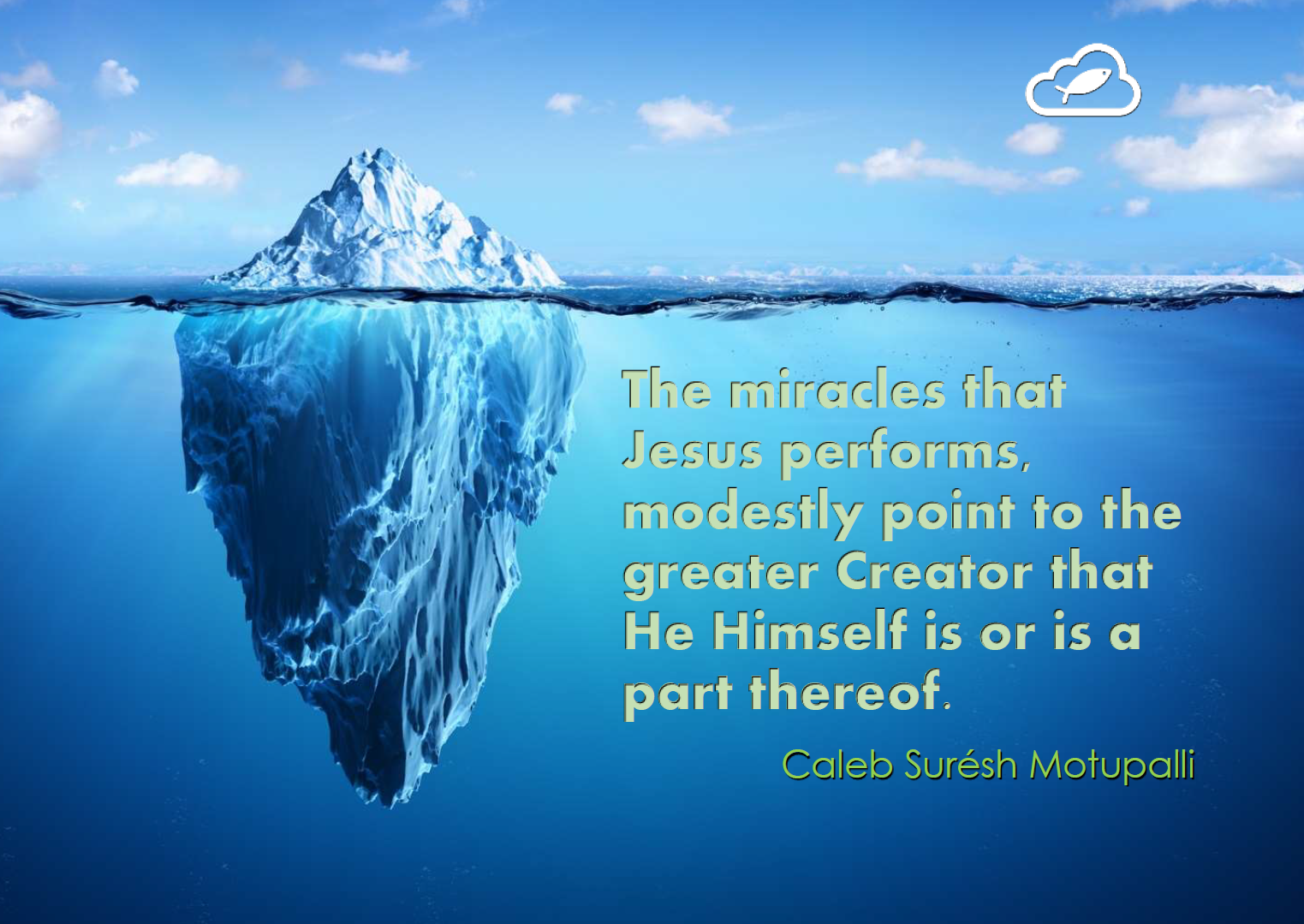
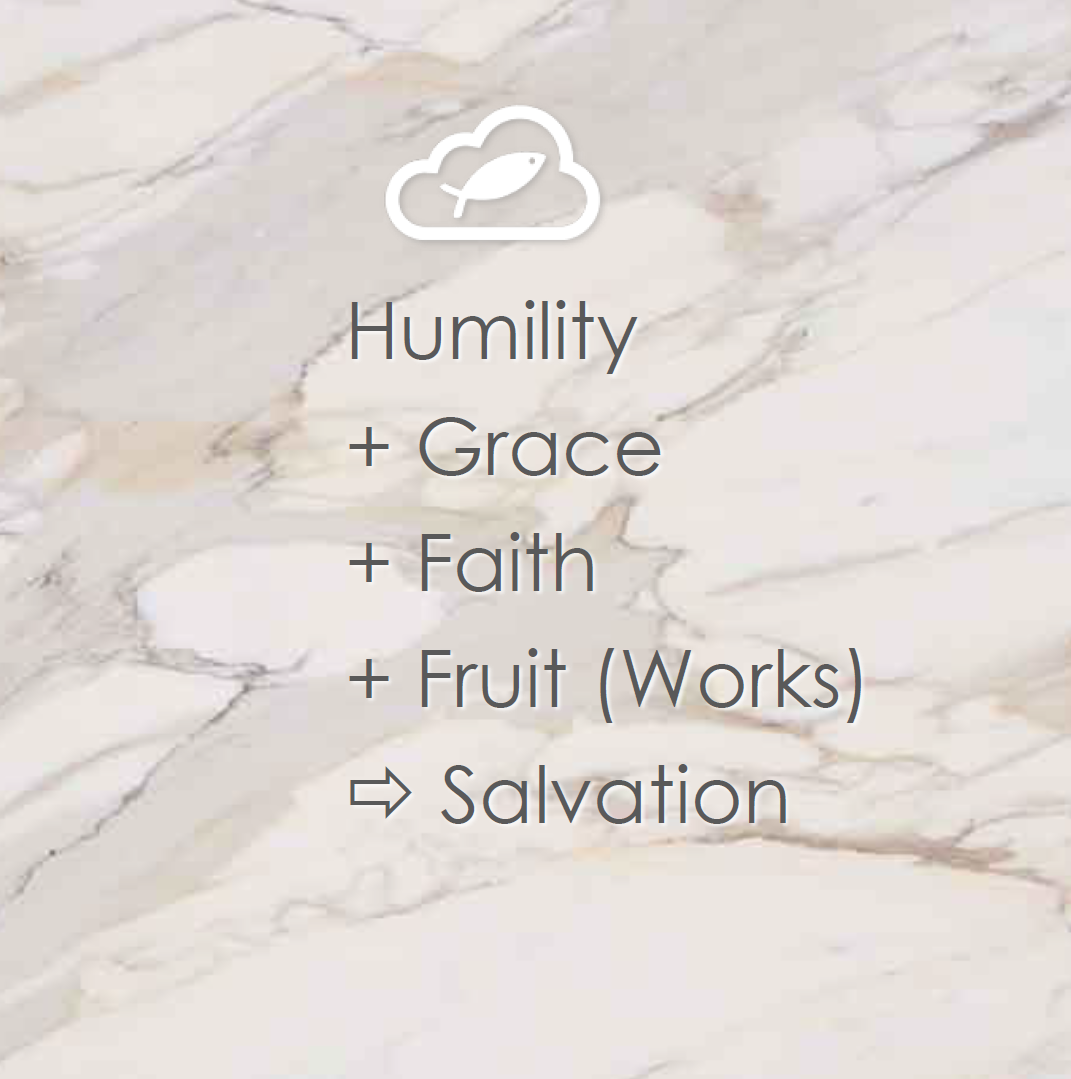

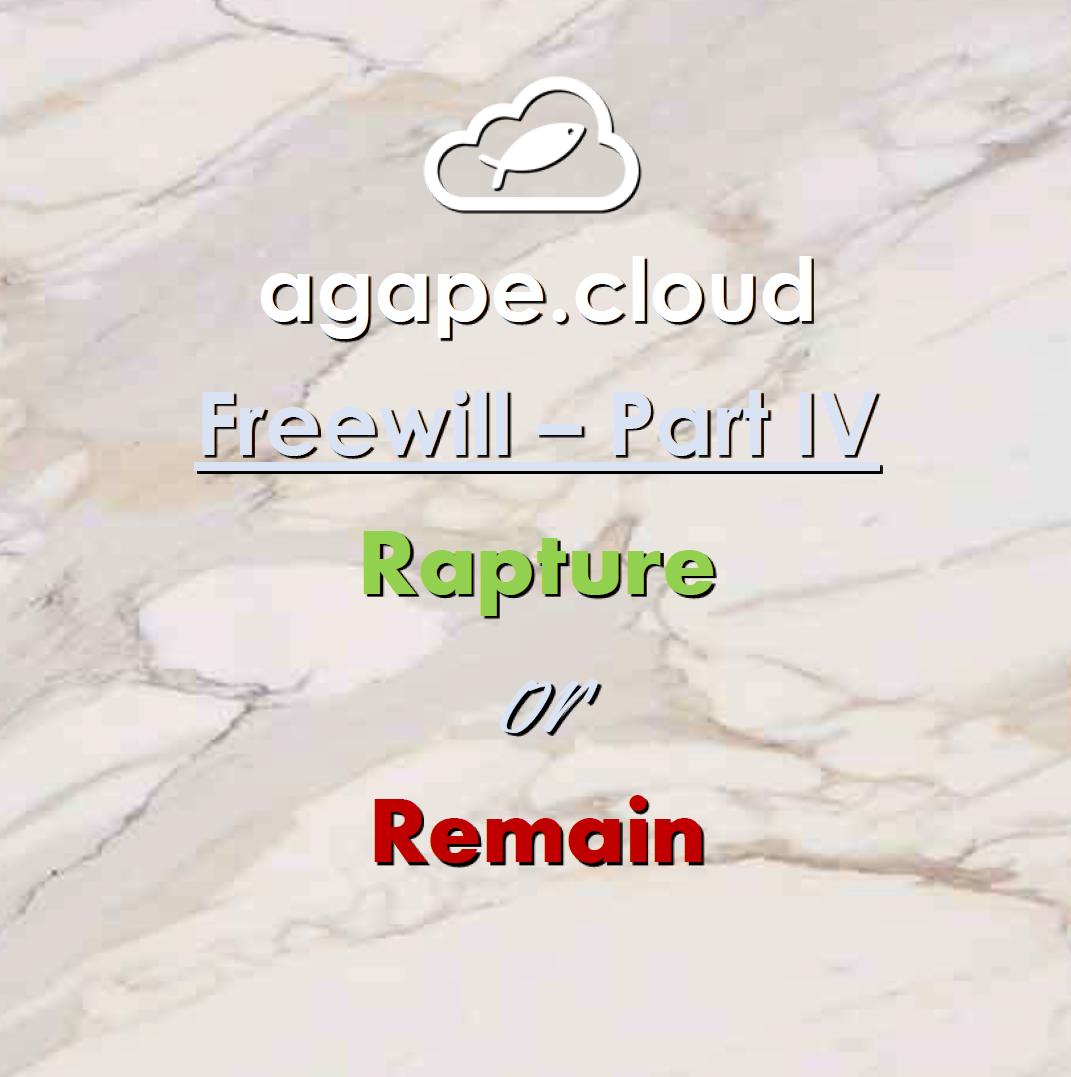
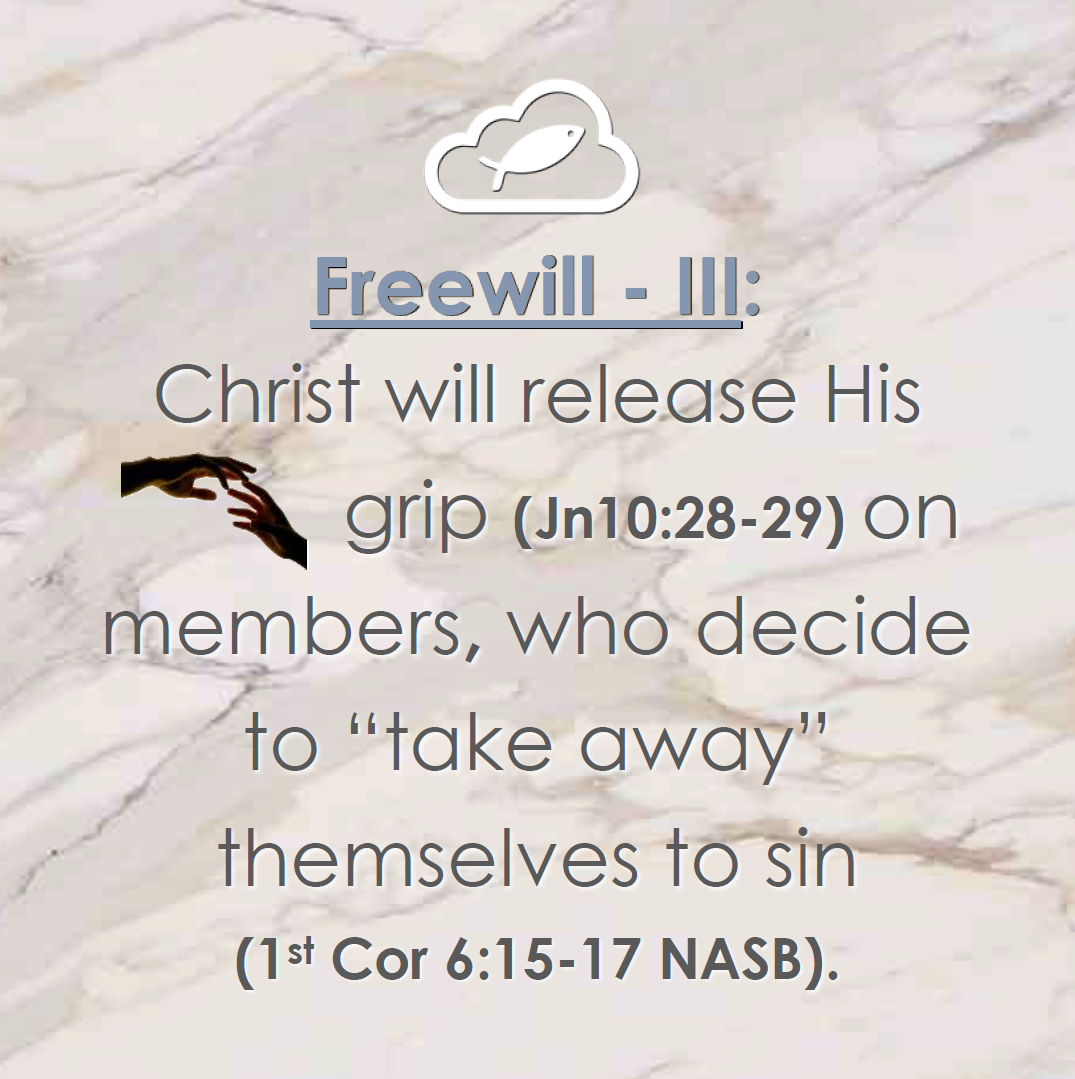
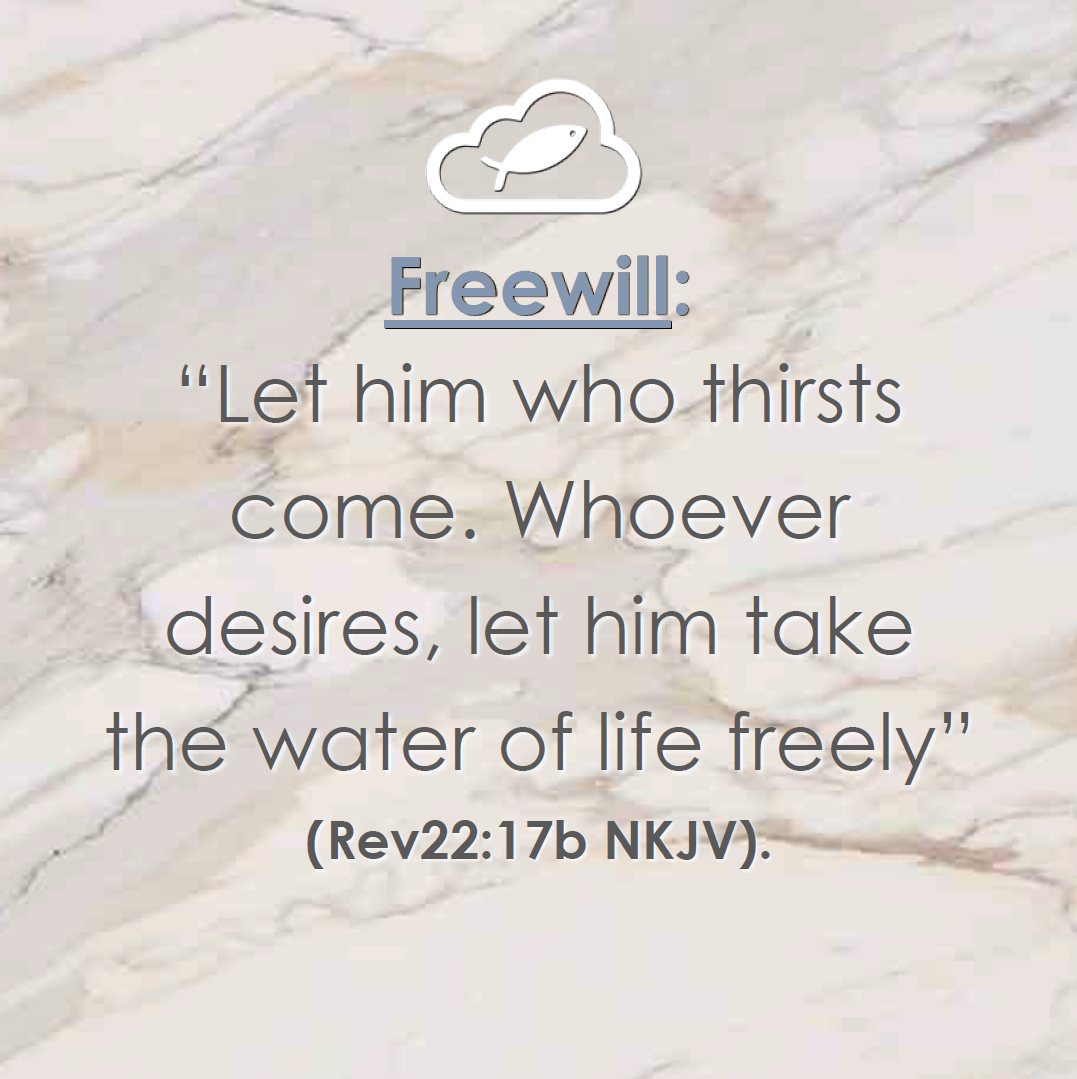
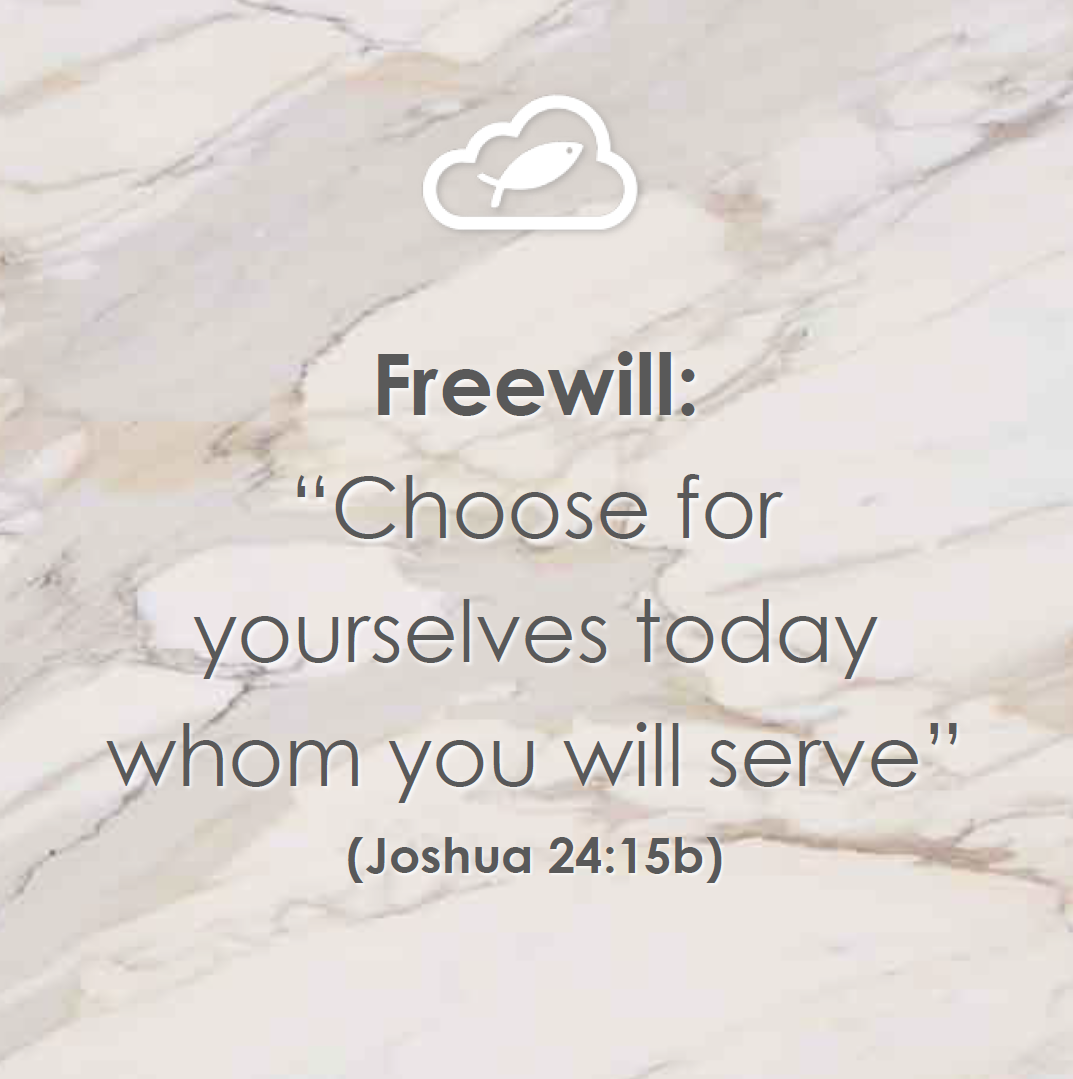
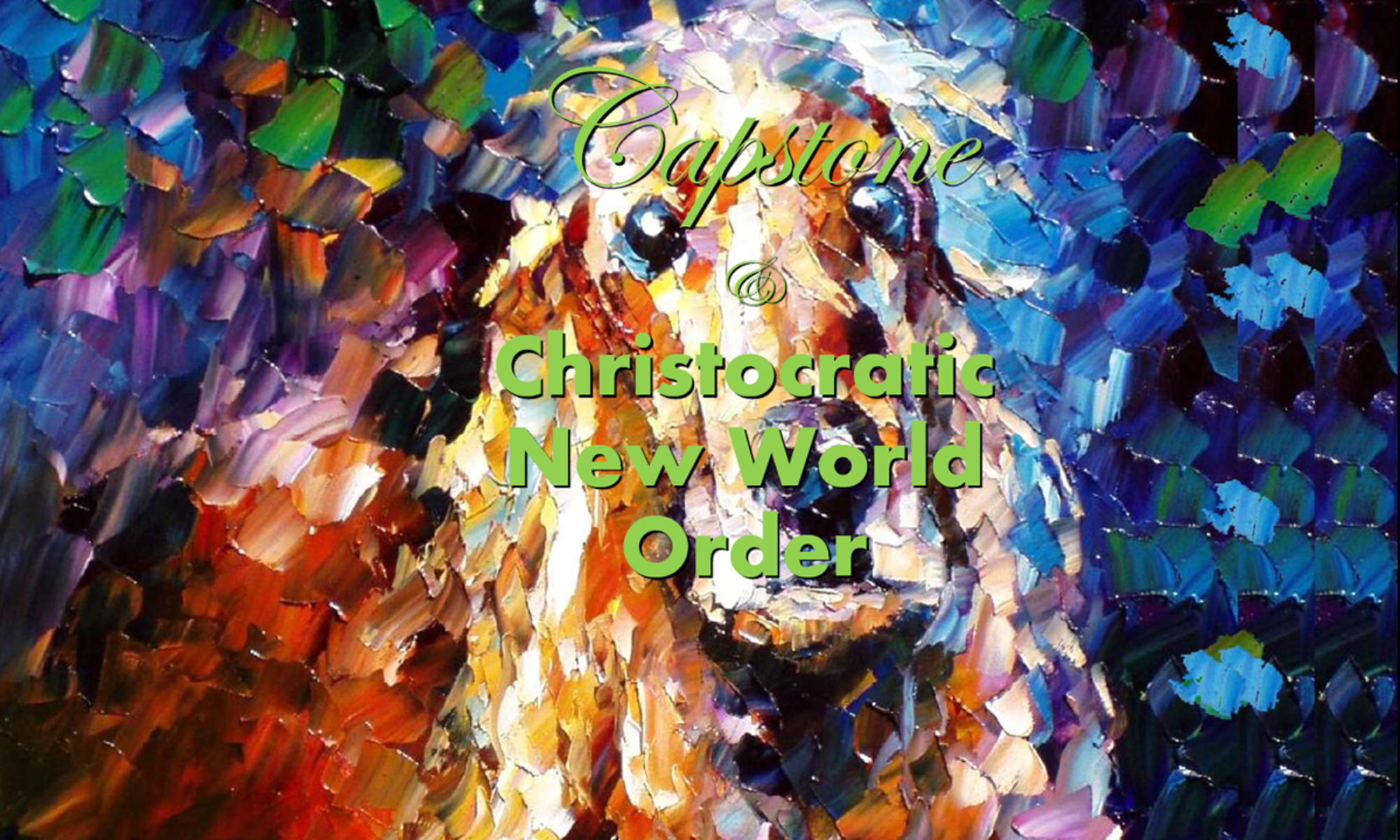

 If there is anything simple in all of Christianity, it is the Ordinances, which make the faith accessible to all. A classic example of a new believer is my uncle who is well past the age of reading books. He longs to know what is next, after receiving Jesus Christ as his personal Saviour. After being born-again, what? This article was developed from a letter i wrote him.
If there is anything simple in all of Christianity, it is the Ordinances, which make the faith accessible to all. A classic example of a new believer is my uncle who is well past the age of reading books. He longs to know what is next, after receiving Jesus Christ as his personal Saviour. After being born-again, what? This article was developed from a letter i wrote him.
